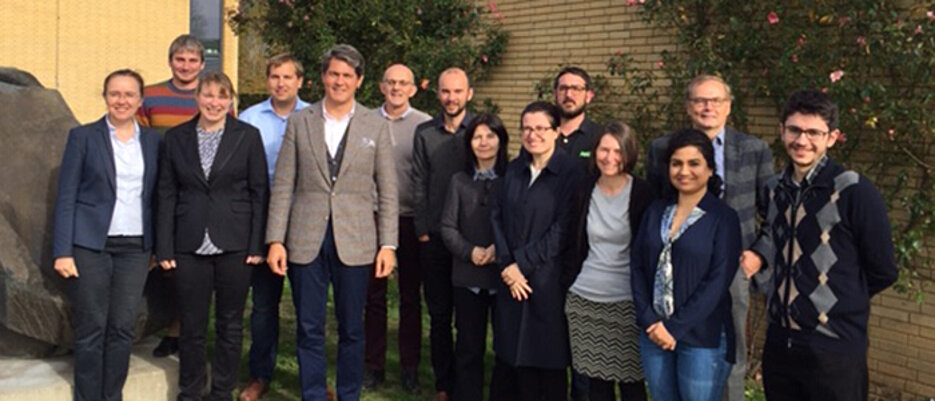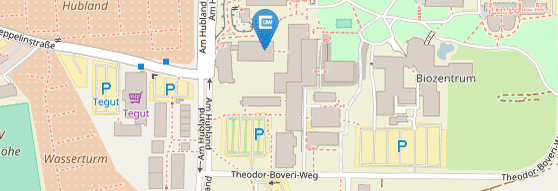Perspectives of Photo-Electro-Catalysis
11/18/2019At the end of the European research project DIACAT a public symposium takes place at the University of Würzburg: "Carbon Materials for Sustainable Applications – Perspectives in PhotoElectroCatalysis".

The increasing carbon dioxide content in the atmosphere is partly responsible for climate change. Reducing CO2 emissions, reforesting forests – several starting points are currently being discussed as to how the climate-damaging gas can be reduced back to normal levels in an environmentally friendly manner.
Professor Anke Krueger's team at the Institute of Organic Chemistry at Julius-Maximilians-Universität (JMU) Würzburg in Bavaria, Germany, is also working towards this goal. The idea was to capture CO2 from industrial emissions and use it for the synthesis of fine chemicals and hydrocarbon-based fuels. In this way, CO2 could be brought back into a chemical cycle.
"We are developing a completely new technology in which CO2 is transformed at the surface of diamond materials with the aid of water and light and thus can be used as a starting material for chemical syntheses," says the JMU professor. The project is already well advanced: the first laboratory-scale microreactor is expected to be completed by the end of 2019.
Public symposium at the end of DIACAT
This progress has been achieved in the European project network DIACAT, coordinated by Anke Krueger and financed by the European Union (EU). The DIACAT consortium now meets for the final project meeting in Würzburg.
As part of the meeting, the international symposium "Carbon Materials for Sustainable Applications – Perspectives in PhotoElectroCatalysis" will take place on Thursday and Friday, 21/22 November 2019. The consortium invites all interested parties to attend.
At the symposium, twelve renowned scientists will present the results of their research in the fields of synthesis, characterization and catalytic applications of diamond and related materials.
In a panel discussion that follows, the perspectives for carbon-based materials in sustainable applications will be discussed.
Participation in the symposium is free of charge for all interested parties; however, the organizers kindly ask you to register. Further information and the registration link can be found on the DIACAT project website at https://www.diacat.eu/dissemination/diacat-symposium/


